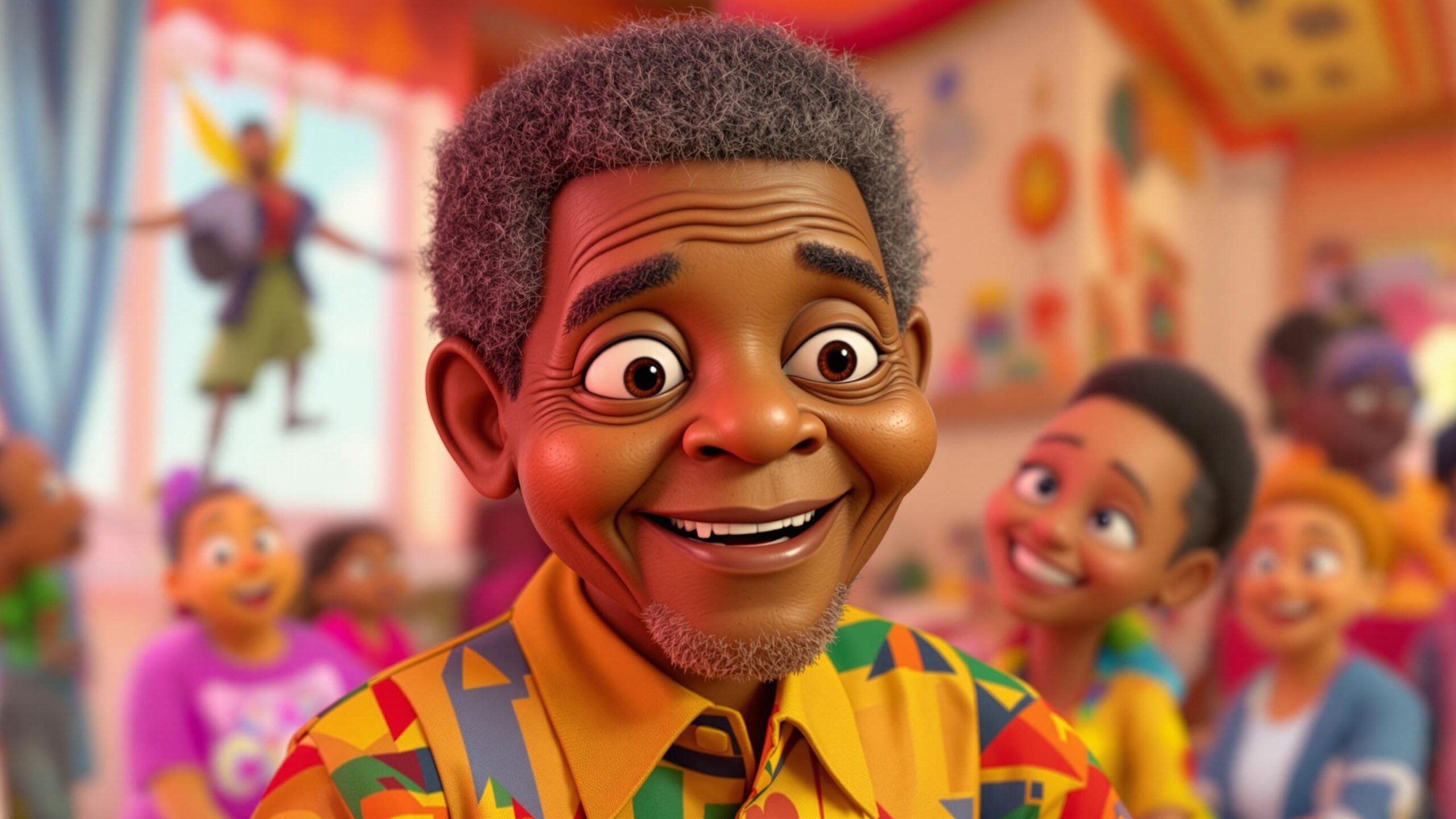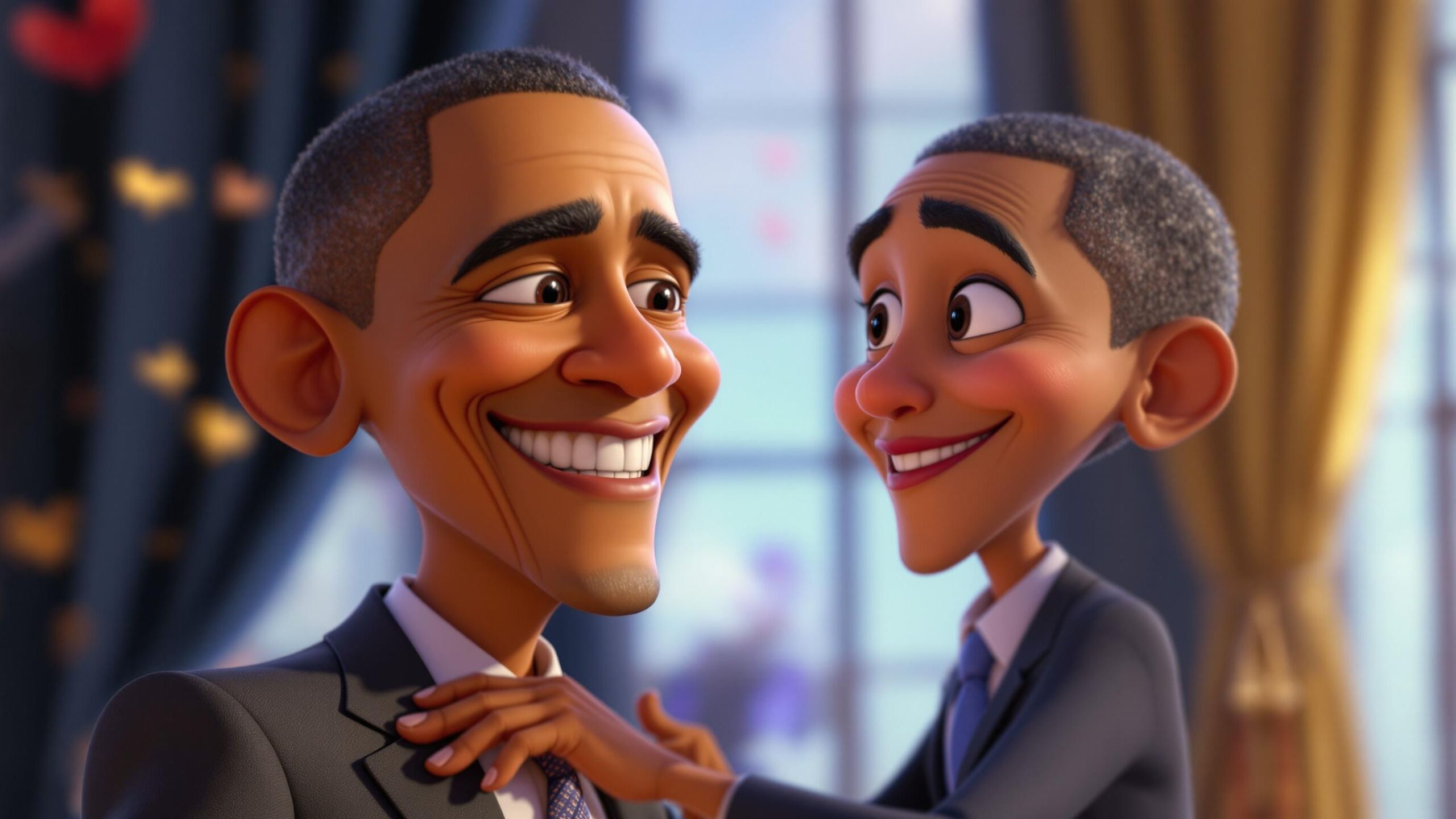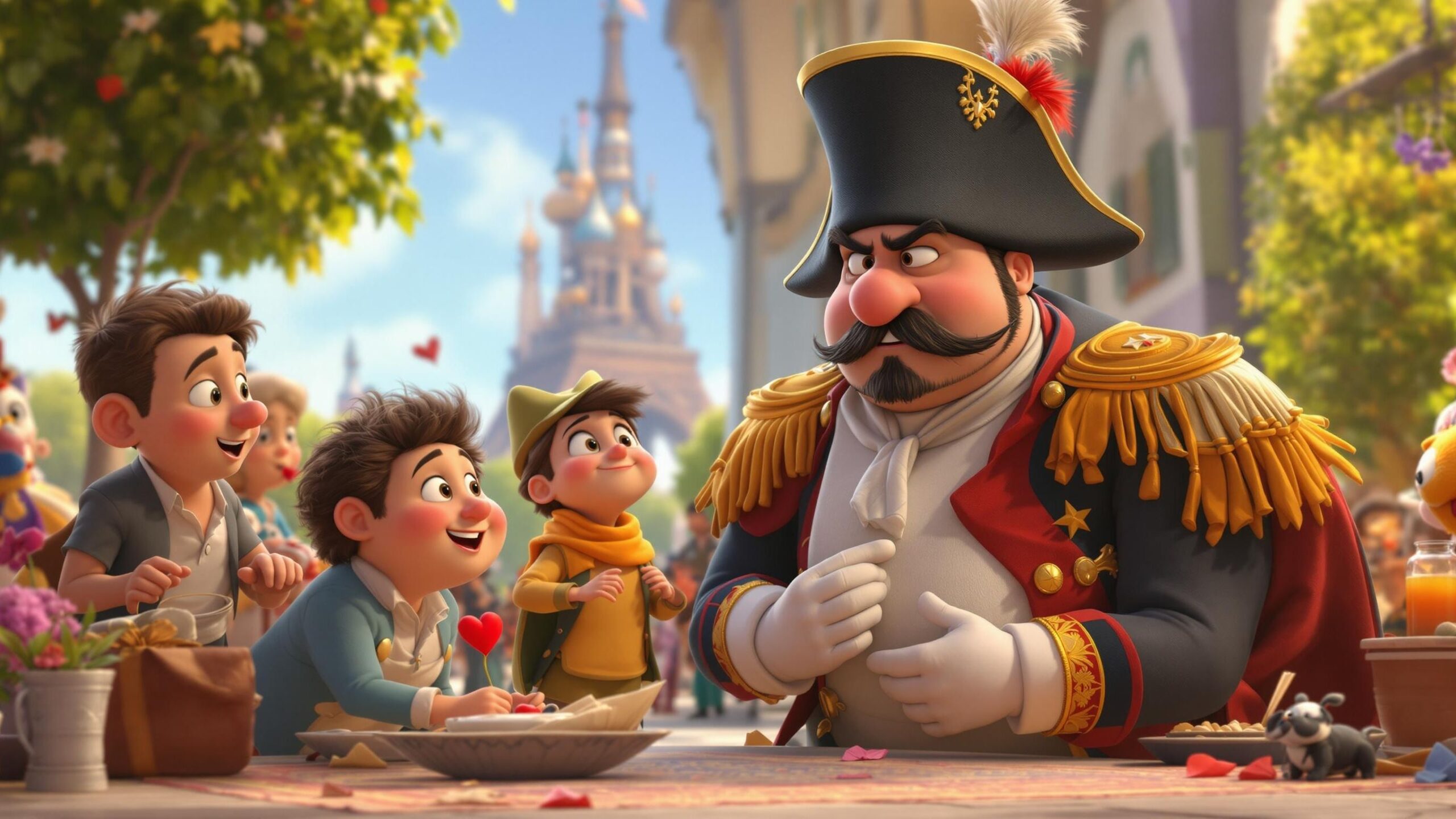The Prisoner Who Would Become President
In a world addicted to vengeance and payback, Nelson Mandela did the unthinkable. After 27 years in prison, after losing the prime of his life behind bars, after suffering beatings, betrayal, and the indignities of apartheid, he didn’t emerge angry or bitter. He came out smiling. Calm. Strong. Focused. Forgiving. South Africa had long been a land split by race, hatred, and violence. For decades, the country’s Black majority was oppressed under a brutal system of apartheid that legally segregated, subjugated, and dehumanized. Mandela didn’t just survive that system—he became the man who would dismantle it and then rebuild the nation from its ashes. And he did it not with guns, not with fire, but with something far more radical: forgiveness. He was the freedom fighter who could’ve sought revenge—but chose reconciliation. The revolutionary who became the unifier. The prisoner who became a president. And the man who, against all odds, healed a broken country by leading with heart instead of hate.
From Rural Roots to Revolutionary Flame
Nelson Mandela was born in 1918 in the village of Mvezo in the Eastern Cape, given the name Rolihlahla, meaning “troublemaker”—a prophecy that would echo through history. He grew up in a world of tradition and tribal customs, but early on he developed a hunger for justice and equality that transcended village boundaries. When he moved to Johannesburg, Mandela was exposed to the harsh realities of apartheid: pass laws, forced removals, police brutality. He studied law and joined the African National Congress (ANC), where his leadership, charisma, and strategic mind quickly stood out. Alongside comrades like Oliver Tambo and Walter Sisulu, Mandela helped build a mass resistance movement against white minority rule. He tried peaceful protest. He marched. He organized. But when nonviolent means were met with bullets and batons, Mandela turned to armed resistance through the ANC’s military wing, Umkhonto we Sizwe. The state responded by labeling him a terrorist and sentenced him to life in prison. Many thought that would be the end of his story. They were wrong.
Robben Island: The University of the Soul
Locked away on the wind-swept prison island of Robben Island, Mandela spent 18 years breaking rocks and breaking expectations. The regime hoped to silence him. Instead, prison became his forge. The walls didn’t harden his heart—they sharpened his clarity. Inside, Mandela became a teacher, a listener, and a strategist. He studied his enemies, learned Afrikaans, and read deeply. He organized debates among prisoners, taught young comrades political theory, and negotiated with guards through mutual respect. Robben Island became, in his own words, a “university of the soul.” Years later, when the government finally began secret talks with Mandela about the future of South Africa, they discovered something startling: he hadn’t grown bitter. He hadn’t wavered. He was more powerful, more focused, and—astonishingly—more forgiving than ever.
Freedom Comes Slowly—Then All at Once
The 1980s were a boiling point. International pressure mounted. Sanctions hit. The cry of “Free Mandela” rang out in capitals around the globe. South Africa’s regime realized it couldn’t hold onto apartheid forever. And so, in 1990, Nelson Mandela walked out of Victor Verster Prison, hand in hand with his wife Winnie, into a world that hadn’t seen his face in nearly three decades—but hadn’t stopped believing in his name. He didn’t shout. He didn’t rage. He raised his fist in silent triumph—and promised peace. What followed was nothing short of miraculous. Mandela sat down with his former oppressors to negotiate a transition. There were moments of violence and collapse, but Mandela never flinched. He kept urging dialogue. Compromise. Calm. He spoke to white South Africans not as enemies, but as future partners. He told Black South Africans not to seek revenge, but to help build something new. And in 1994, South Africa held its first democratic elections. The lines of voters stretched for miles. Some stood all day. Some cried. Some danced. And when the ballots were counted, the world witnessed the most extraordinary moment of all—Nelson Mandela was elected president of the nation that had once caged him.
The President Who Chose Healing Over Hatred
Becoming president was never Mandela’s endgame—it was the beginning of a healing process few believed possible. South Africa wasn’t just politically divided; it was spiritually wounded. The pain of apartheid was raw and real. Mandela’s solution wasn’t punishment. It was truth. He established the Truth and Reconciliation Commission, chaired by Archbishop Desmond Tutu, not to ignore the past—but to face it head-on. Victims were given a platform to speak. Perpetrators could confess their crimes in exchange for amnesty. The process was painful, controversial, and deeply human. It wasn’t perfect. But it was powerful. It offered something no trial could: collective catharsis. Mandela’s presidency became a masterclass in moral leadership. He cut his own salary. He refused to seek a second term. He invited his former jailer to attend his inauguration. He wore the jersey of the Springboks—a historically white rugby team—to unite the nation during the 1995 Rugby World Cup. With every gesture, he sent a message: we are one people now.
Forgiveness as a Form of Revolution
Forgiveness was never weakness in Mandela’s hands. It was defiance. Power. Victory. He showed the world that to forgive is not to forget—but to move forward. That revenge might satisfy the ego, but reconciliation nourishes the soul. Mandela took the very fuel of apartheid—hatred—and refused to burn with it. Instead, he doused the flames with grace. He understood that true freedom wasn’t just the absence of chains. It was the presence of peace. It was the ability to live without fear, without grudge, without the need to dominate. He turned forgiveness into a political tool—and a personal triumph. In doing so, he gave the world something more than hope. He gave it proof.
The Global Statesman and Gentle Giant
After stepping down in 1999, Mandela didn’t retire—he expanded. He became a global statesman, a moral compass in an often-conflicted world. Whether fighting for HIV/AIDS awareness, urging peace in troubled regions, or mentoring young leaders, he never stopped serving. He carried himself with humor, humility, and immense dignity. He charmed presidents and children alike. He called power to account, but never wielded it recklessly. He was firm without being cruel, joyful without being frivolous. He aged with grace. And the world, still trying to understand the magic of Mandela, watched in awe.
Why Mandela Still Matters Today
Nelson Mandela didn’t just free a country—he redefined leadership. He showed that courage isn’t just standing tall—it’s standing down when your heart says peace is stronger than war. He reminded us that forgiveness is the ultimate rebellion against oppression, and that humanity thrives not on might, but on mercy. In a time when politics is often noisy, divisive, and mean, Mandela’s legacy feels like fresh air. He proved you could lead with kindness, make history with humility, and transform lives with empathy. He showed that healing is harder than hurting—but infinitely more powerful. And he showed that unity isn’t found in sameness—but in choosing to walk forward, together, even after centuries of pain.
The Lion Who Led with Love
Nelson Mandela once said, “Resentment is like drinking poison and then hoping it will kill your enemies.” That single quote captures the essence of the man: wise, clear-eyed, and unwilling to let bitterness define him. He taught us that walls, no matter how high or strong, can’t cage the human spirit. That justice is not revenge. That forgiveness is not surrender. And that peace is not passive—it is a choice, made every day, with every word, every handshake, and every silent smile in the face of hate. Mandela walked out of prison not just into freedom—but into history. And he didn’t just unite a nation—he reminded the world that even the deepest wounds can heal, and even the most divided people can learn to stand side by side. He was the lion of Africa, the father of a new South Africa, and the architect of peace in a world that desperately needed one. And though he’s gone, his legacy marches on—in every movement for justice, every call for reconciliation, and every whisper that dares to say, “We can forgive—and rise.”




